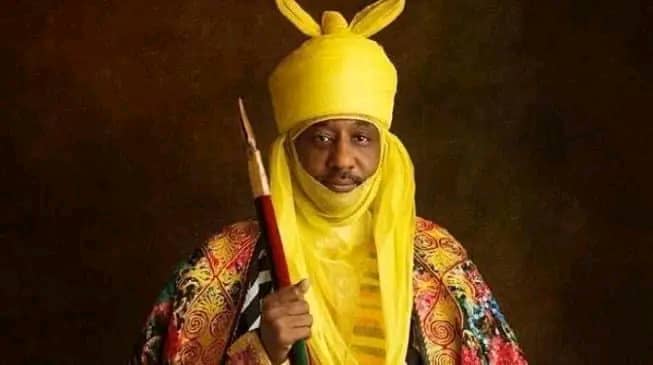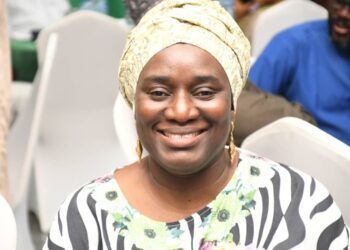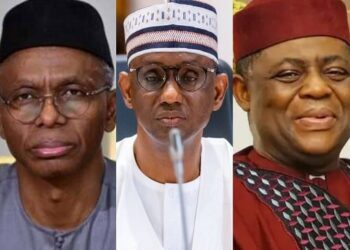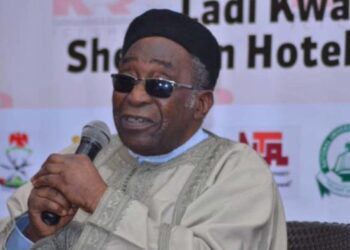By Gambo Jagindi
The Kano traditional institution has suffered greatly due to political interference, which has led to a series of mistakes that have undermined its integrity and autonomy.
Firstly, Governor Kwankwaso’s appointment of Sanusi Lamido as emir, despite the kingmakers’ preference for Prince Lamido Bayero, marked the beginning of political interference in the institution.
Secondly, Governor Ganduje’s decision to balkanize the Kano Emirate into five emirates and subsequently dethrone Sanusi Lamido on charges of insubordination was a grave mistake. While the charge may have been valid, the balkanization of the emirate was a politically motivated move that weakened the institution.
Thirdly, Governor Abba’s attempt to correct Ganduje’s mistake by reversing the balkanization was commendable, but his decision to remove the Ganduje-appointed emir of Kano was a partisan move that has further destabilized the institution. Instead of taking a neutral stance, Governor Abba chose to prioritize politics over the well-being of the traditional institution.
The consequences of these mistakes are far-reaching, and the Kano traditional institution remains vulnerable to political manipulation. Unless our leaders prioritize the preservation of cultural heritage and the autonomy of traditional institutions, the damage will continue to haunt the people of Kano and beyond. It is crucial to recognize the importance of protecting these institutions from political interference and to work towards finding solutions that prioritize their integrity and independence.
The best solution would have been to reverse the balkanization and allow Emir Ado Bayero to remain on his throne.
If our leaders continue to prioritize politics in the running of the affairs of the traditional institution, they will end up killing the institution.
Maybe that is their intent as they abhor rivalry.
Gambo Jagindi is the publisher of Aluta News, public affairs analyst writes from Abuja and can be reach” jagindi2016@gmail.com, 07065466654.











